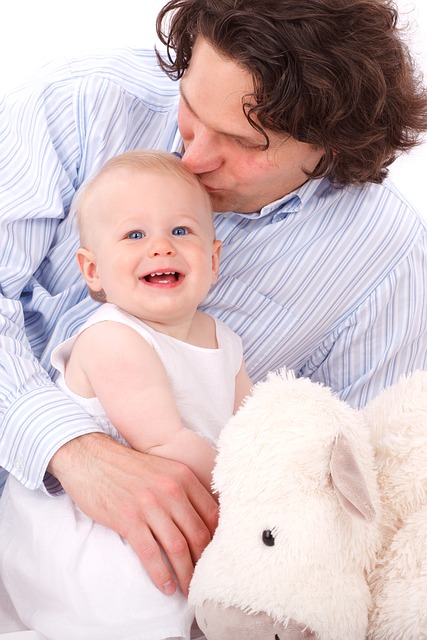BABY TOOTH DEVELOPMENT
Baby teeth.
How and when will your baby’s teeth come through?
The average baby gets his first tooth at around six months, but this is quite variable.
One baby may get her first tooth at three months.
Another not until eighteen months. Both may be perfectly healthy and normal infants.
It is true that certain disease can Influence the age of teething) but this is rare.
For most Children the age of teething is simply a matter of the pattern of development child was horn with.

Usually the first two teeth to appear are the lower central incisors.
Incisor is the name given to the eight front teeth (four on the bottom and four on the top) that have sharp cutting edges.
After a few months come the four upper incisors, so the average baby has these six teeth, four above, two below, at about a year old. After this, there’s usually a lull of several months before the next onslaught.
Then six more teeth quickly appear: the two remaining lower incisors and all four first primary (baby) molars.
The molars don’t come in next to the incisor teeth but farther back, leaving space for the canine teeth. After the first molars appear, there is a pause of several months before the canines (the pointed dog or eye teeth) erupt in the spaces between the incisors and the molars.
The most common time for this to happen is in the second half of the second year.
The last four teeth in the baby set are the second primary molars, which come in right behind the first primary molars, usually in the first half of the third year.
Remember that these ages are all averages. Don’t worry if your baby is ahead or behind the schedule
Permanent teeth begin to appaer at about six year of age.
The six-year molars come through behind the baby’s molars.the baby teeth lost are ussually the lower central incisors.
The permanent incisors, pushing up underneath, come into position where the baby tooth roots have been disolved away.
